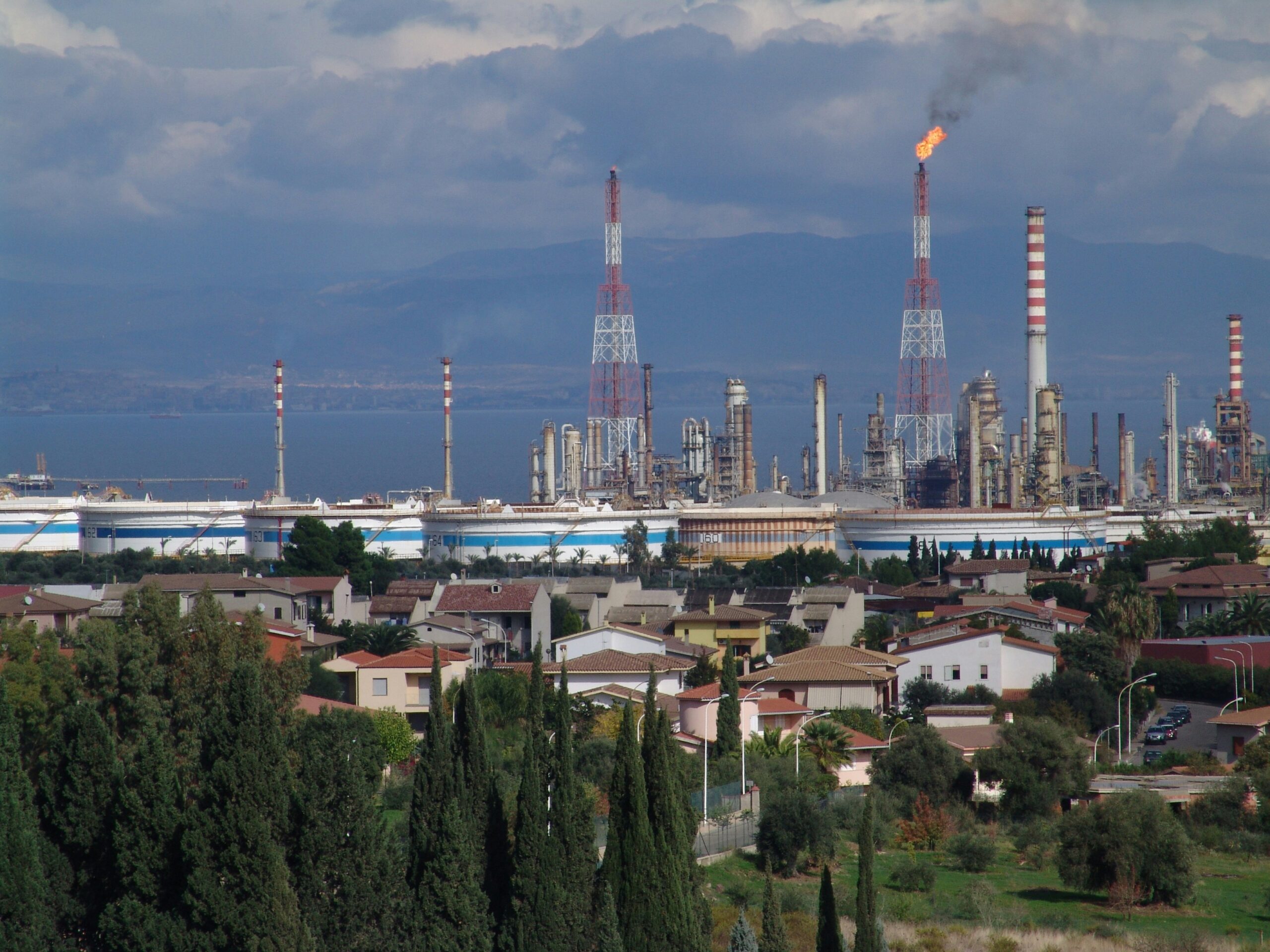
Nigeria’s Dangote Refinery just made history with its first U.S. gasoline sales, meeting world-class standards. Yet, this victory highlights a paradox: Africa is capable of fueling the world, while millions of Africans still live without electricity, modern refineries, or reliable fuel at home.
A Landmark Achievement
Africa is no stranger to exporting raw wealth—gold, oil, diamonds—but rarely has it controlled the refining process. With the $20 billion Dangote Refinery finally in motion, Nigeria is stepping into a new chapter. Landing a gasoline export deal with the U.S., one of the strictest energy markets, is a powerful statement that African industry can meet the highest global standards.
This is not just Nigeria’s win. It’s Africa’s reminder that the continent has the technical skill and entrepreneurial ambition to stand on the world stage.
The Paradox of Plenty
But here lies the paradox: while Dangote fuels America, millions of Africans remain in the dark. Nearly half of Sub-Saharan Africa’s population—over 600 million people—still live without electricity. Rural towns and villages across Nigeria, Congo, Malawi, and beyond spend their evenings in candlelight or by kerosene lamps, while one of the world’s largest refineries stands on African soil.
How can Africa celebrate exporting refined gasoline to the U.S. when some of its own citizens struggle to power a radio, charge a phone, or pump clean water?
The Bigger Picture
Dangote’s achievement is monumental, but it also exposes the gap between Africa’s global potential and its local realities:
- Infrastructure Inequality: Africa has few modern refineries, forcing many countries to import fuel at high costs.
- Energy Poverty: Electricity remains a luxury for rural communities, slowing education, health services, and small businesses.
- Policy Priorities: Governments often focus on international prestige while domestic energy development lags.
Africa’s leaders must ask: who benefits first from Africa’s industrial triumphs—global markets or local citizens?
What This Could Mean for Africans
The U.S. deal proves African refineries can meet top global standards. If similar investments and focus were directed toward rural electrification, decentralized renewable energy, and regional refineries, Africa’s story could transform. Dangote should not just be a symbol of exporting excellence; it should be a catalyst for empowering villages, schools, and hospitals across the continent.
Africa’s future lies not only in fueling the world but in lighting its own homes.
A Call for Balance
The Dangote milestone is a reason to celebrate, but also a moment to reflect. Africa must balance its ambitions to compete globally with the urgent need to bridge energy poverty at home. Until every African child can do homework under electric light, and every clinic has steady power, the continent’s energy victory remains incomplete.
Discover more from ADUNAGOW Magazine
Subscribe to get the latest posts sent to your email.






